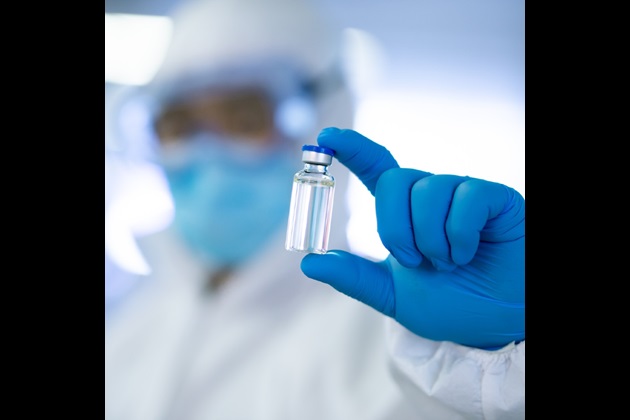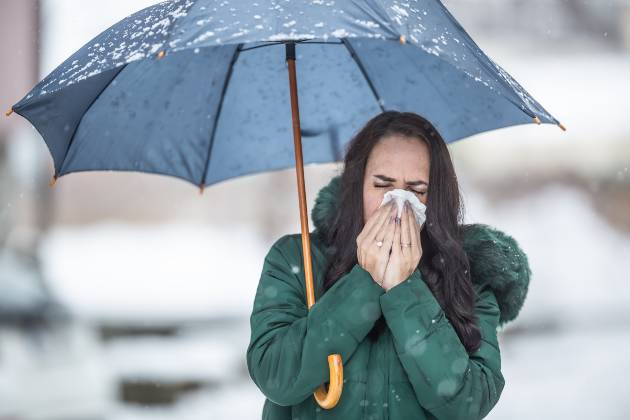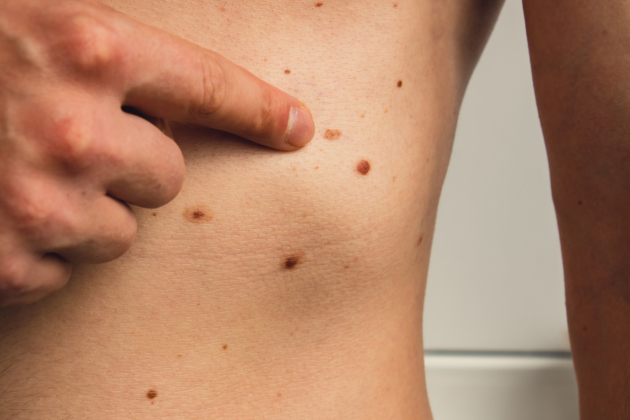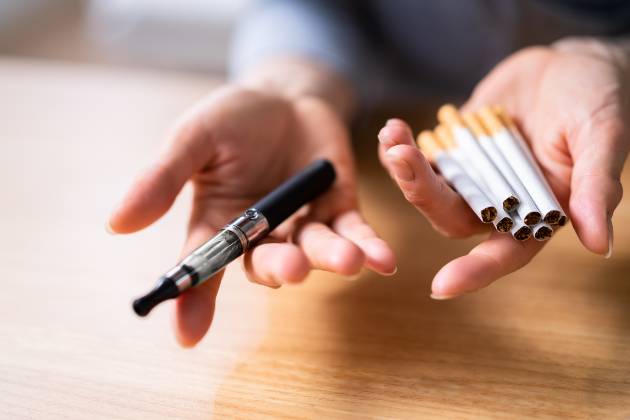Senior research nurse Zoe Hilton has been leading clinical trials during the pandemic
As our hospitals started to receive patients with COVID-19 my usual work leading breast cancer clinical trials was paused as we focused all our efforts on delivering national drug trials to tackle the new virus. The transition was quick, no time to question or reflect. Clinical treatment was the priority as we rapidly organised teams of research staff to open up studies and potentially save lives.
We opened the national RECOVERY trial, becoming one of 176 study sites across the UK testing drugs including Lopinavir-Ritonavir, dexamethasone, hydroxychloroquine, azithromycin and tocilizumab. We’ve now received the first results of that study.
They show that dexamethasone reduces death by up to one third in hospitalised patients with severe respiratory complications of COVID-19. We’re seeing the fruits of all our hard work and it’s hard to explain how proud I feel.
We have done our best to ensure that every eligible patient who has come into our hospitals with COVID-19 had the possibility to participate in a clinical trial. As a result, we now have a proven treatment for some of those patients.
We’re seeing the fruits of all our hard work and it’s hard to explain how proud I feel
Giving every patient the chance to partake
The journey to get here has been fascinating but exhausting. In the early days the changes to trials were rapid. Research protocols which once would take weeks to organise and get approved were now taking hours. Barriers were broken down, trials forged ahead, and although it felt quite chaotic, we united in our aim to give every COVID-19 patient access to a clinical trial.
Delivering that took many long hours, learning, planning, teaching and implementing. The trials kept evolving and altering as we learnt more about the virus. However, I have never experienced such a positive, reactive team that evolved and adapted as fast as the information we were receiving.
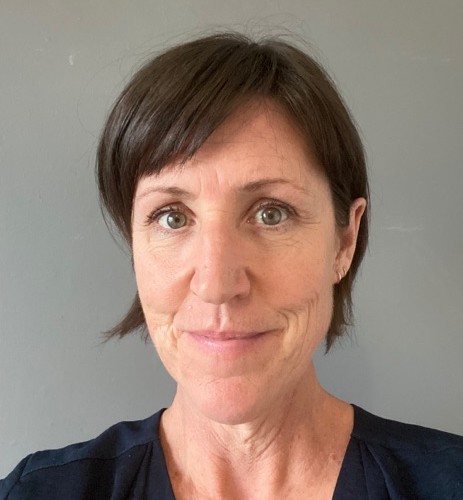
We had to make sure the doctors and nursing staff in the new COVID-19 clinical areas were trained on the basics of clinical trials, knew about the drugs and their effects and were able to confidently take fully informed consent for the studies.
As the volume of patients increased so too did the number of staff we needed to train. In those peak days we were always asking for more. More from our own staff to work extra hours and take on more responsibilities. More from the medical teams to give us 10 minutes of their precious time to allow us to teach them about other options. And more from our patients to read or listen to trial information and sign consent forms during what was a terrifying time for all.
The adrenaline was high, and the processes changed daily. At the time we would be asked “but do the drugs work?” There were no answers, instead there were frequently more questions, more treatments to trial, more training to be done.
Clinical research became part of standard care
Now the process has slowed slightly. There will always be more questions, but I feel honoured to be able to report back the relevance of what we all achieved in those weeks to the teams involved.
Never in my 25 years working for the NHS have I seen such phenomenal teamwork. It has changed us all as practitioners. We broke down walls of communication and invisible barriers to ensure that clinical research became part of standard care.
Never in my 25 years working for the NHS have I seen such phenomenal teamwork
In those few weeks we have learnt so much. We now have options, we have treatments and, although we have a long way to go, the lessons we have learnt along the way have opened our doors to a more cohesive, productive research environment.
It has been a devastating, yet exciting experience and I have never been prouder of my profession.
Work in research?
Join the RCN's Research Society to connect with colleagues from across the UK and gain access to invaluable support, events and networking.


